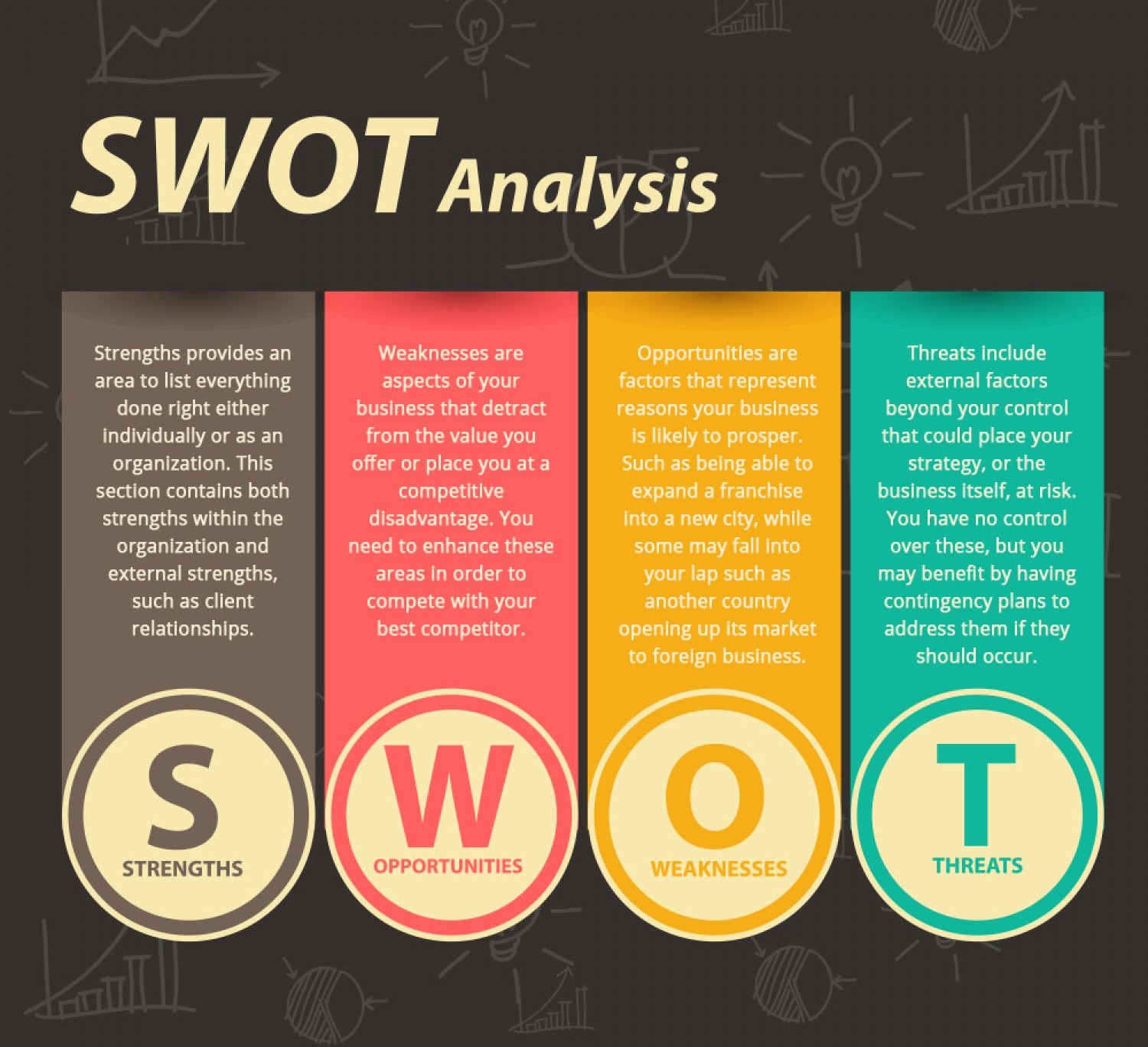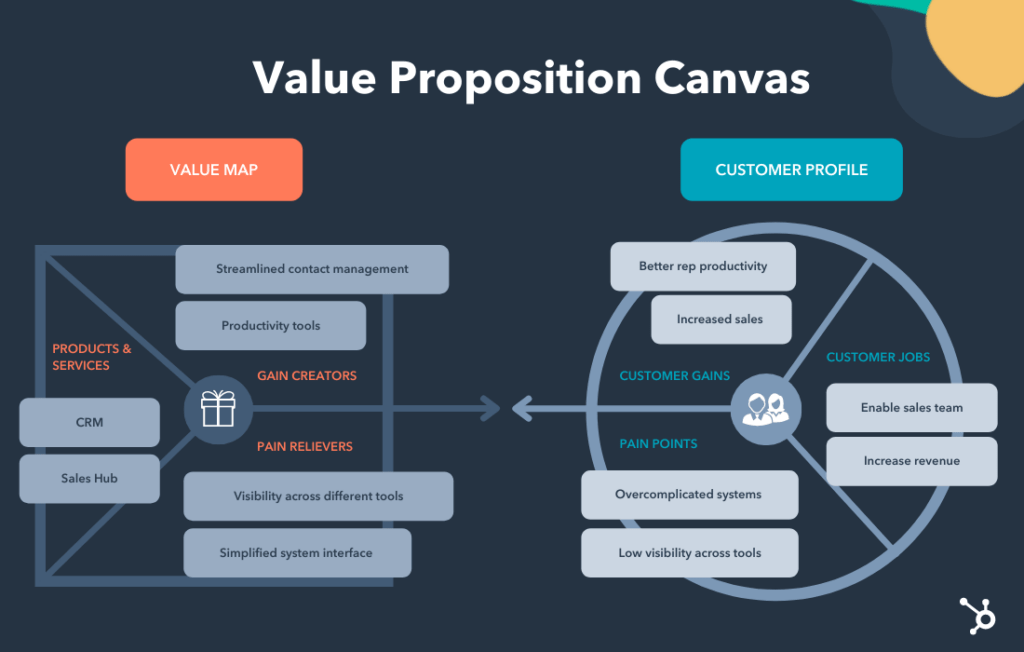Throughout the market research process, it’s crucial to validate assumptions and hypotheses through empirical research and data analysis. Utilize qualitative and quantitative research methods, such as surveys, focus groups, and market experiments, to gather firsthand insights from your target audience. By validating assumptions, you can refine your business strategy, mitigate risks, and make informed decisions grounded in empirical evidence.
In the end, doing market research helps entrepreneurs succeed by giving them important information about the market, what customers want, and who they’re up against. By following these steps carefully, people who want to start their own businesses can avoid problems, find chances to do well, and set their businesses up to last a long time and grow. Don’t forget, market research isn’t just something you do at the beginning—it’s something you keep doing to make smart choices and come up with new ideas for your business. So, make sure you use market research as your guide to doing well in your business journey.







